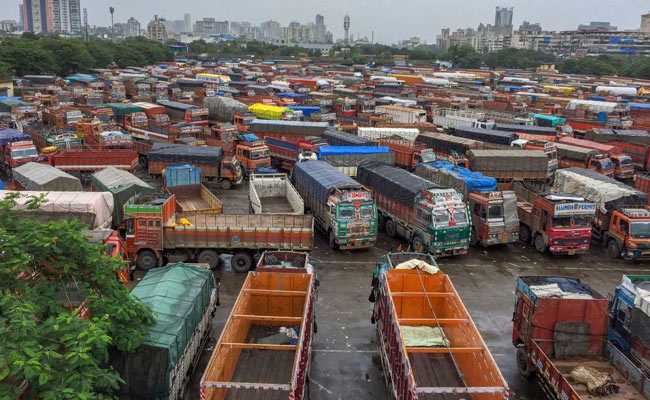Transport unions in Balochistan organized a roadside strike along Hub Bhawani Bypass, citing grievances over extensive checks and alleged misconduct by law enforcement officials.
The leaders of these unions held discussions with the SSP and Deputy Commissioner to address their concerns.
At the heart of their protest was the crackdown on diesel transportation by Customs, Police, and Pakistan Coast Guards, particularly targeting outgoing shipments from the province. While the Deputy Commissioner acknowledged their grievances, he stressed the necessity of combating illegal diesel trafficking.
However, beneath this standoff lies a deeper narrative. Initially, the Pakistani government allowed limited use of Iranian diesel to stimulate employment in border regions. However, the misuse of this provision for widespread smuggling, particularly in Punjab and Sindh, led to nationwide economic repercussions.
As oil companies grappled with losses, the government intensified enforcement efforts to curb the flow of illicit diesel.
Consequently, transporters engaged in smuggling initiated the strike, portraying it as a form of resistance against perceived heavy-handed tactics.
However, the strike raises concerns. By disrupting crucial transportation networks, it risks exacerbating economic pressures already heightened by smuggling activities.
Thus, the government is faced with the formidable task of safeguarding the economy while addressing legitimate grievances.
In essence, the strike highlights the intricate interplay between regional economies and national security priorities.
Balancing the need for livelihoods in border regions with the preservation of national economic integrity presents a significant challenge for Pakistan’s administration.










